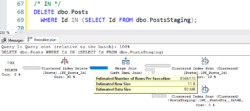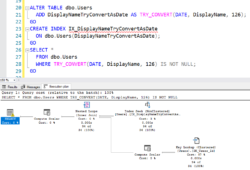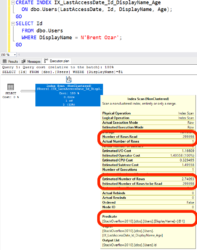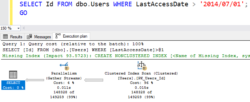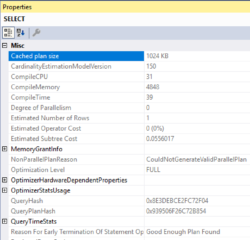Date Tables are Great for Users, but Not So Great for Performance
31 Comments
Date tables help users filter data based on day of week, holiday, this year vs last year, and other kinds of filters that business users usually wanna add to their reports. If you haven’t used a date table before, here are a couple of primers on how to create one and use it: Creating a…
Read More


